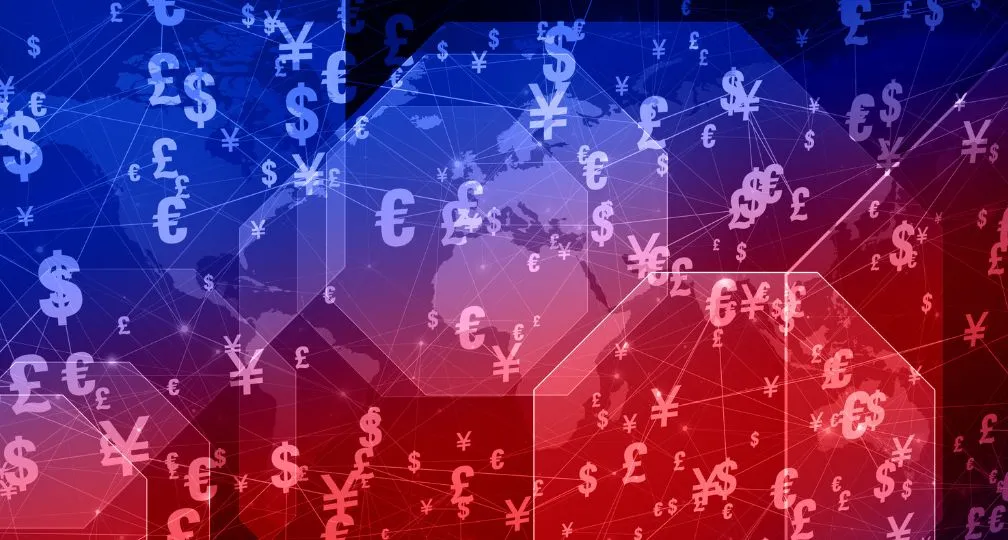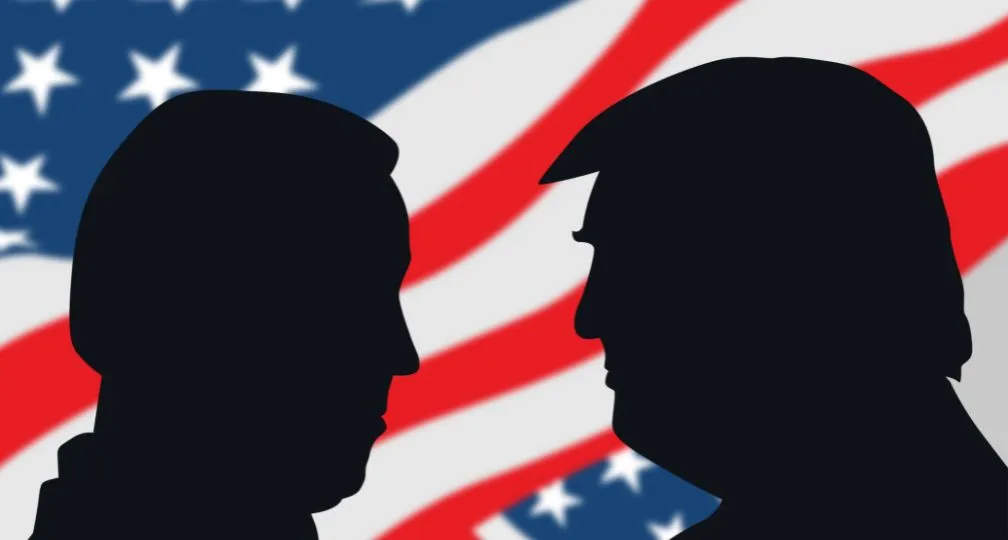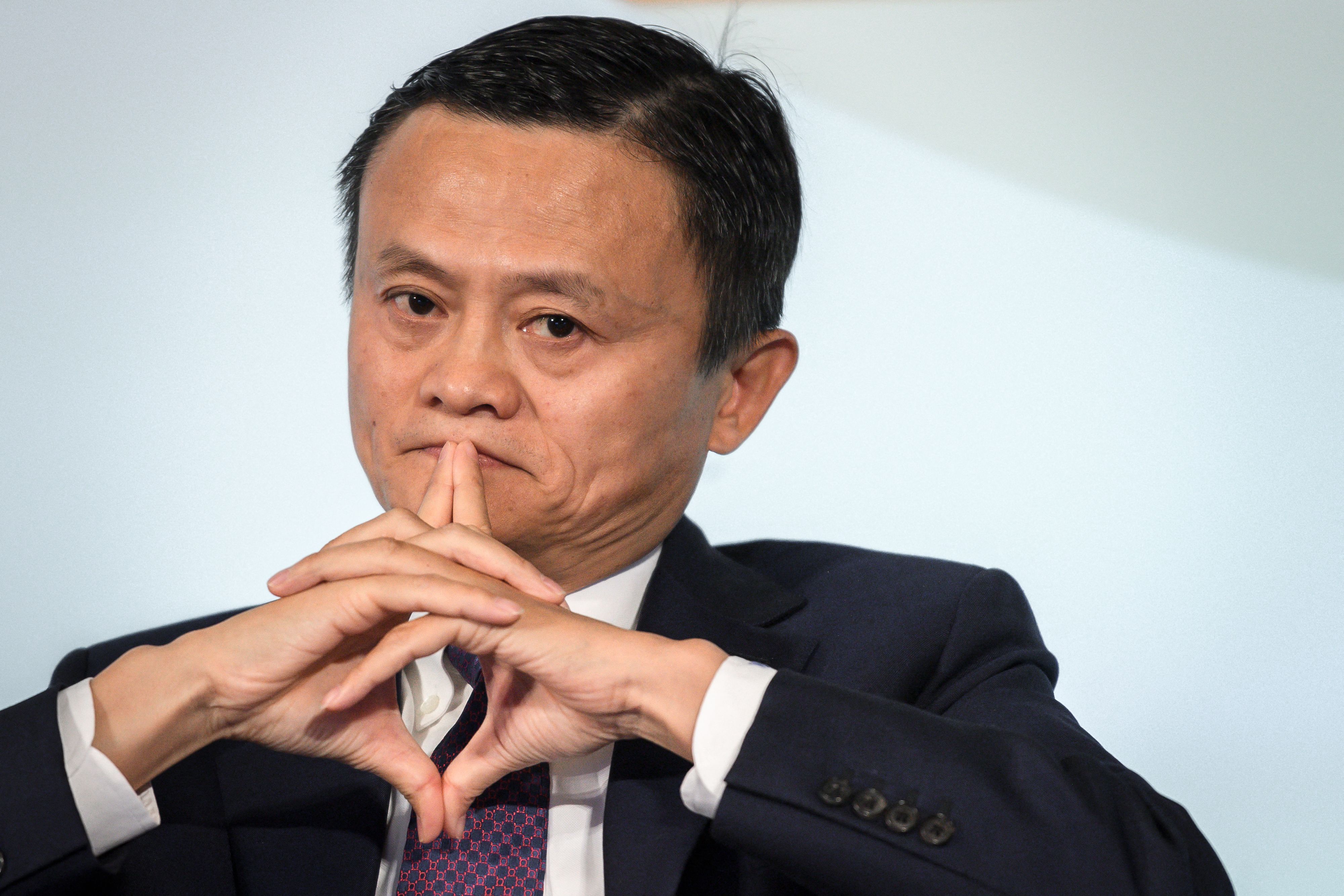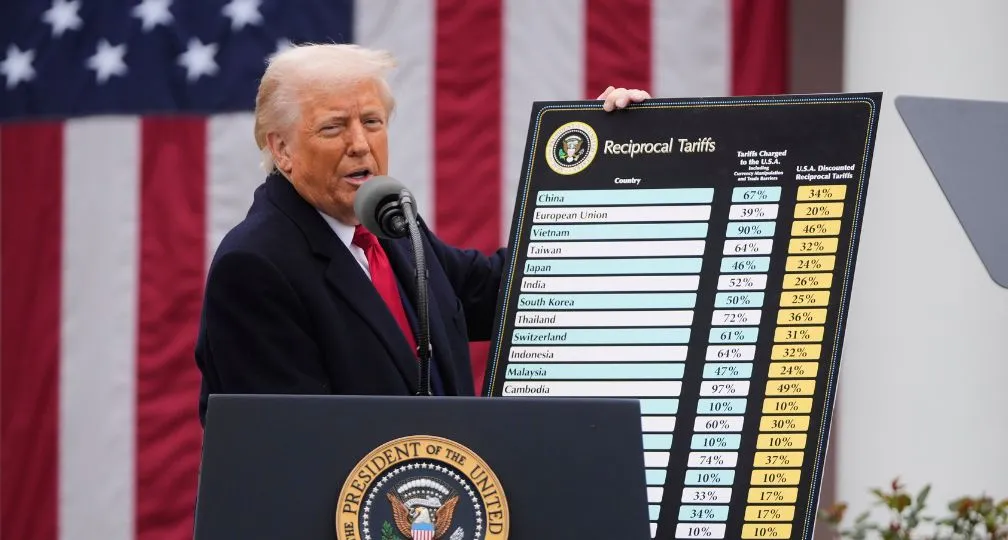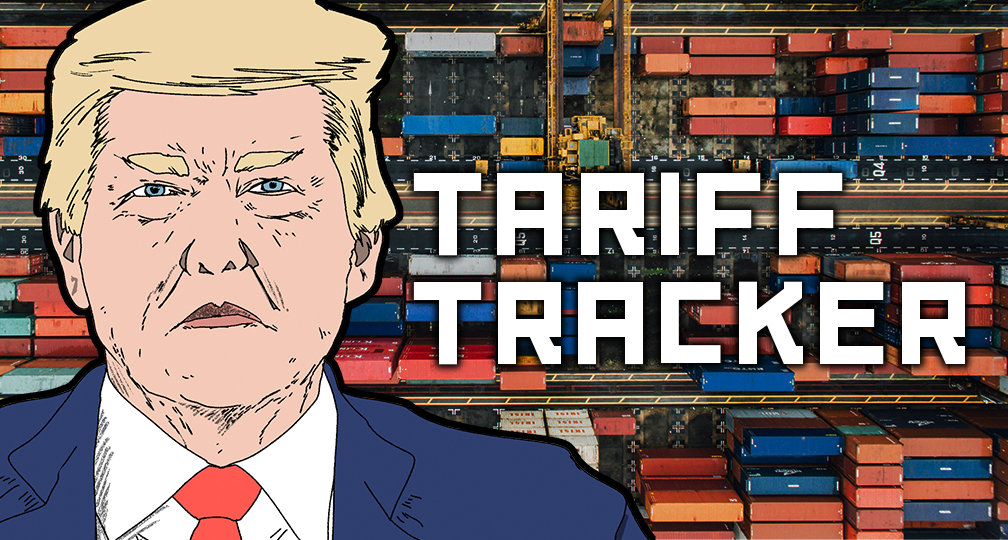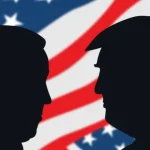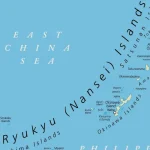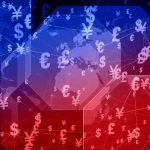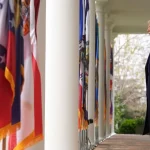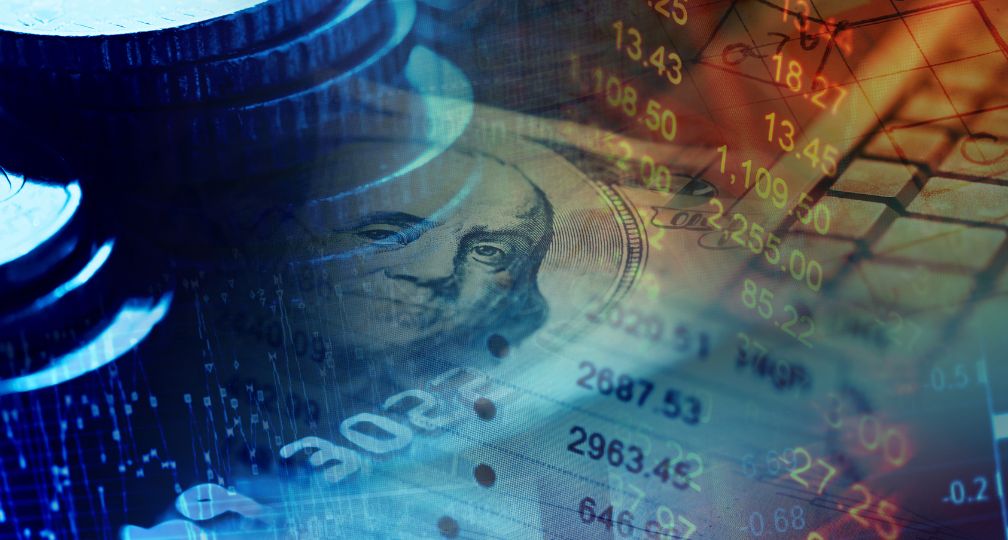How Shinzo Abe left a legacy for Japan in geoeconomics
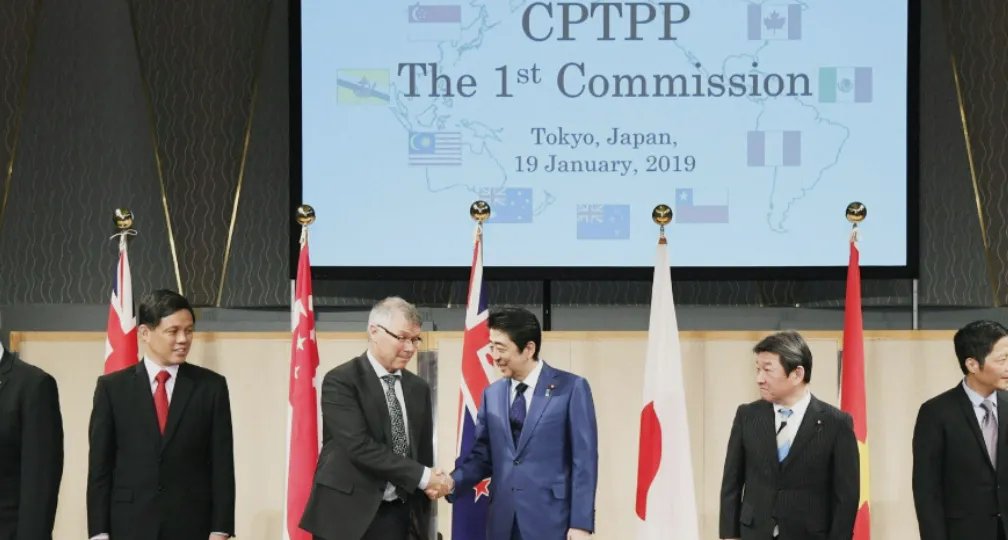
With the establishment of the Institute of Geoeconomics after API’s merger with the International House of Japan on July 1, the series will now run under a new Geoeconomic Briefing tag.
A week after the establishment of the institute, former Prime Minister Shinzo Abe died after being shot during a speech in Nara.
Abe, Japan’s longest-serving prime minister, was a politician who adapted to changes in the post-Cold War world and reformed the country’s politics and economy to respond to such changes.
Following his death, world leaders offered condolences and various media outlets published obituaries and articles on him. Many of them highly praised his presence as Japan’s leader in the diplomatic arena and his achievement of repositioning the country in the field of geopolitics.
However, I would like to note that more importantly, Abe not only repositioned Japan in geopolitics but also positioned the country within geoeconomics.
What is geoeconomics?
The term geoeconomics may not sound so familiar, but it has a decadeslong history, having been used since the 1990s after the end of the Cold War.
At that time, Eastern Bloc countries, which had maintained a socialistic, complementary economic relationship among themselves based on their planned economy during the Cold War, shifted to a market economy and were integrated into the free trade framework.
Such a change brought about a global balance of power by which geopolitical conflicts like those of the Cold War era receded into the background and economic relations came to the forefront, leading to the use of the term geoeconomics.
If I were to define geoeconomics, the term that came into existence under such circumstances, I would quote API founder Yoichi Funabashi, who defined it as a “state using economy for geopolitical purposes.”
It also means looking at a state’s economic power — its economic activities set under certain geographical conditions and terms of trade, including whether it is blessed with natural resources or good ports — as a major factor in the dynamics of country-to-country relations.
A state utilizes its geographically defined economic power to realize its goals such as deterring other countries’ acts.
A country with limited natural resources has the option of establishing free trade to gain access to the resources of other countries or using economic power such as financial assistance to make another country give it exclusive use of that country’s resources.
In the field of geoeconomics, a nation can utilize its economic power to coerce other countries to take actions favorable to it. At the same time, a country uses or strengthens its economic power to avoid being coerced by other countries to make certain moves or to secure the autonomy of being able to act without being influenced by other states.
How did Abe use a geoeconomic power?
Establishing the ‘Quad’
Although it is little mentioned, Abe was the founding father of the “Quad.”
The Quad, a cooperative framework involving Japan, the United States, Australia and India, was established by the four countries after they worked together with the aim of stabilizing and reconstructing Southeast Asian countries following the 2004 earthquake off the coast of Sumatra in Indonesia.
The international coalition worked extremely efficiently to respond to the disaster and its efforts showed that each of the four countries shared a common vision and values toward restoring the region.
Based on this experience, Abe, who became prime minister in 2006, proposed the establishment of a permanent framework for the four countries, which share common values, so that they can play a leadership role in creating an order in the Indo-Pacific region.
After returning to the post of prime minister in 2012, Abe advocated the “free and open Indo-Pacific” concept and revived the idea of setting the Quad at its center.
The Quad grew into something more than a maritime security framework aimed at realizing a free and open Indo-Pacific.
Although it was after Abe stepped down, the Quad leaders discussed — in a summit meeting held in March 2021 — issues including strengthening supply chains and development of advanced technologies, agreeing to launch a critical- and emerging-technology working group.
The working group will convene dialogues on supply chains for critical technology in such areas as semiconductors, electric vehicle batteries, pharmaceuticals and rare earths.
The Quad has played an important role particularly in the area of pharmaceuticals.
In 2021, the world, which had been grappling with the COVID-19 pandemic, was facing a shortage of vaccines.
China, one of the first countries to succeed in developing vaccines, conducted so-called vaccine diplomacy, offering doses to developing countries which were unable to develop similar products themselves.
Beijing approached Paraguay, which has diplomatic ties with Taiwan, with offers of Chinese-made vaccines in exchange for breaking off relations with Taipei.
In view of the situation, Washington moved to ask India for cooperation. India shipped Indian-made vaccine doses to Paraguay to prevent the country from succumbing to pressure from China and maintain its relationship with Taiwan.
In this way, the Quad has become a platform for its member countries to build a cooperative relationship not only in the field of geopolitics but also geoeconomics, and it is now regarded as a framework for stabilizing international order in a broad sense.
It was Abe who created a momentum for the Quad to emerge as a cooperative framework in the geoeconomic arena, as he was the one who linked the Quad with the idea of a free and open Indo-Pacific and worked to build an open order not only in military terms but also in economic terms.
Creating the CPTPP
An even more significant geoeconomic achievement by Abe was the creation of the Comprehensive and Progressive Agreement for Trans-Pacific Partnership (CPTPP).
After the U.S. withdrew from the original Trans-Pacific Partnership framework in 2017, putting it on the verge of collapse, Abe led the remaining 10 other member states to bring them together to agree on the CPTPP the following year, protecting the free trade system in the Pacific Rim while maintaining high-standard tariff reductions and international rule-making systems.
Because the TPP led by Japan and the U.S. focused on negotiations with like-minded countries in the region, the framework had been regarded as being aimed at creating a trade bloc that excluded China.
However, rather than countering China, its main purpose was to bolster free trade by forming a high-standard bloc in the Pacific Rim, as the World Trade Organization’s Doha round of negotiations launched in 2001 has not been progressing, making that organization unable to form an international economic order.
The TPP members did not include China in their negotiations because if they were to accept the standards favorable for Beijing, it would have become difficult for them to agree on a high-quality free trade agreement — a prerequisite for creating the kind of international economic order that Japan was aiming for.
After seeing the CPTPP taking effect successfully, China applied to join the framework last year, hoping to take part in the free trade agreement led by Japan.
Looking from a geoeconomic perspective, Japan has the right of veto to China’s accession, as all the members need to unanimously agree for any new member to join. This means Japan is now in a position to push China to reform its domestic trade and other practices in line with CPTPP standards.
Because Abe succeeded in putting together the trade agreement despite the U.S. withdrawal, Japan gained significant influence over China.
It is vital for Japan to maintain a free trade system, as the fate of the resource-poor country, which also relies on imports for food supplies, depends on whether it can expand free trade.
As the global economic order became increasingly inward-looking with the withdrawal of the U.S. from the free trade framework, Japan moved to protect the system and even gained the power to push China to conduct domestic reforms.
This was indeed a stunning geoeconomic reversal, and we can say that Abe accomplished an epoch-making achievement in Japanese diplomacy.
Abe’s legacy
Abe made a number of achievements during his term as prime minister, but many people focus more on security legislation and his goal of revising the Constitution and less on what he did from a geoeconomic perspective.
However, his legacy includes opening the way to economic security through the Quad framework and working to create an international economic order through the launch of the CPTPP.
These moves came as a result of Abe thinking seriously about what kind of strategies Japan should take at a time when the country’s presence was declining with the rise of Beijing’s economic power and when the Japanese economy was increasingly becoming dependent on China.
We bear the task of taking over his strategies and developing them further.
(Photo Credit: The Mainichi / Aflo)

Geoeconomic Briefing
Geoeconomic Briefing is a series featuring researchers at the IOG focused on Japan’s challenges in that field. It also provides analyses of the state of the world and trade risks, as well as technological and industrial structures (Editor-in-chief: Dr. Kazuto Suzuki, Director, Institute of Geoeconomics (IOG); Professor, The University of Tokyo).
Disclaimer: The opinions expressed in Geoeconomic Briefing do not necessarily reflect those of the International House of Japan, Asia Pacific Initiative (API), the Institute of Geoeconomics (IOG) or any other organizations to which the author belongs.
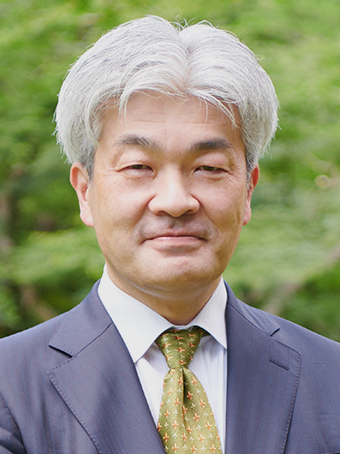

Director & Group Head, Economic Security
Kazuto Suzuki is Professor of Science and Technology Policy at the Graduate School of Public Policy at the University of Tokyo, Japan. He graduated from the Department of International Relations, Ritsumeikan University, and received his Ph.D. from Sussex European Institute, University of Sussex, England. He has worked for the Fondation pour la recherche stratégique in Paris, France as an assistant researcher, as an Associate Professor at the University of Tsukuba from 2000 to 2008, and served as Professor of International Politics at Hokkaido University until 2020. He also spent one year at the School of Public and International Affairs at Princeton University from 2012 to 2013 as a visiting researcher. He served as an expert in the Panel of Experts for Iranian Sanction Committee under the United Nations Security Council from 2013 to July 2015. He has been the President of the Japan Association of International Security and Trade. [Concurrent Position] Professor, Graduate School of Public Policy, The University of Tokyo
View Profile-
 From dollar hegemony to currency multipolarity?2025.06.25
From dollar hegemony to currency multipolarity?2025.06.25 -
 The Big Continuity in Trump’s International Economic Policy2025.06.11
The Big Continuity in Trump’s International Economic Policy2025.06.11 -
 Harnessing China’s tech giants: The case of Jack Ma2025.06.11
Harnessing China’s tech giants: The case of Jack Ma2025.06.11 -
 The Courts Rule Trump’s April 2 Tariffs Illegal – What Happens Next?2025.05.31
The Courts Rule Trump’s April 2 Tariffs Illegal – What Happens Next?2025.05.31 -
 Tariff Tracker: A Guide to Tariff Authorities and their Uses2025.05.29
Tariff Tracker: A Guide to Tariff Authorities and their Uses2025.05.29
 The Big Continuity in Trump’s International Economic Policy2025.06.11
The Big Continuity in Trump’s International Economic Policy2025.06.11 The Tyranny of Geography: Okinawa in the era of great power competition2024.02.09
The Tyranny of Geography: Okinawa in the era of great power competition2024.02.09 From dollar hegemony to currency multipolarity?2025.06.25
From dollar hegemony to currency multipolarity?2025.06.25 Trade, capital flows, and the new focus on “global imbalances”2025.05.27
Trade, capital flows, and the new focus on “global imbalances”2025.05.27 After tariffs: Is there a plan to restructure the global economic system?2025.04.03
After tariffs: Is there a plan to restructure the global economic system?2025.04.03


